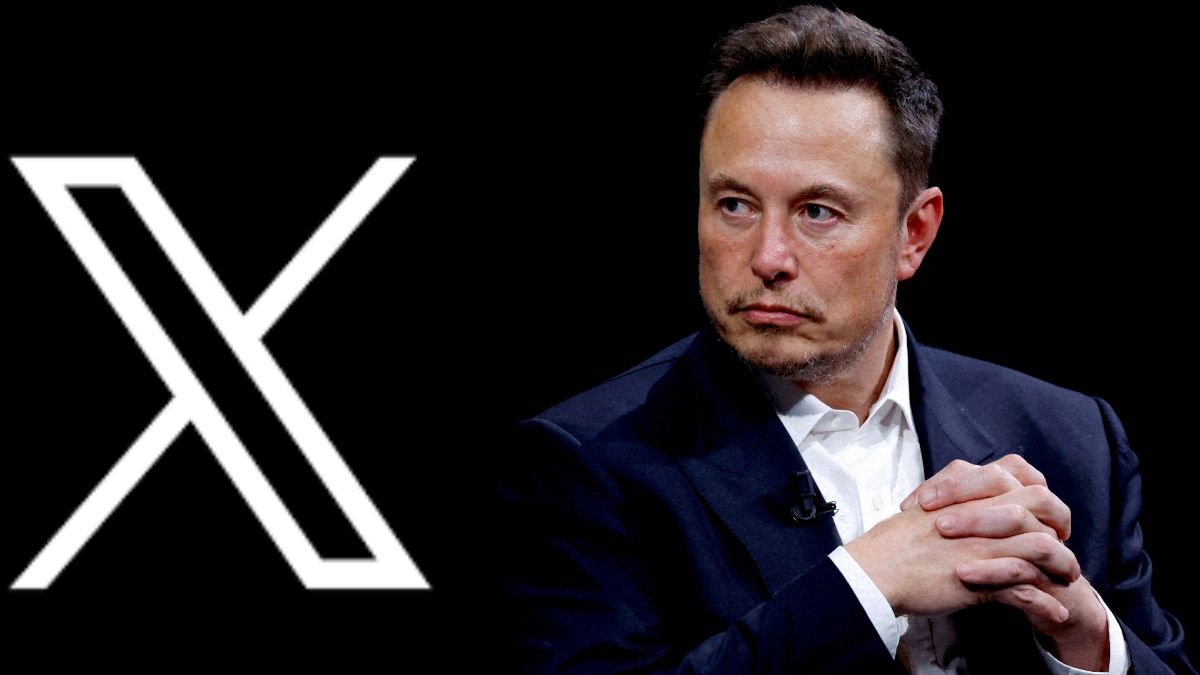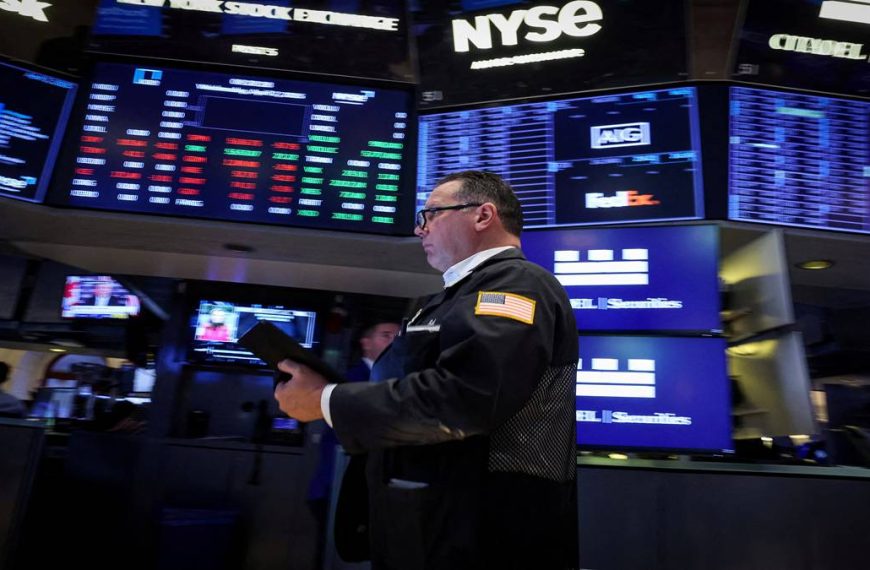Elon Musk recently made waves on Twitter with the announcement that xAI has completed an all-stock acquisition of X, valued at approximately $80 billion for xAI and $33 billion for X, after accounting for $12 billion in debt. Musk’s purchase of Twitter (now X) for $44 billion in 2022 is now under scrutiny, as this new deal suggests a staggering loss exceeding $11 billion. The question remains: has Musk orchestrated a strategic rescue for one of his companies, or has he simply entered into a losing venture?
Musk’s Bold Move: xAI Acquires X
In a tweet, Musk confirmed the acquisition, stating that “xAI has acquired X in an all-stock transaction,” highlighting the rapid growth of xAI since its inception. This ambitious AI lab has made significant strides in model development and data center expansion over the past two years.
Recovery of X Valuation
A recent Benzinga report revealed a notable rebound in X’s valuation after a significant slump. Fidelity had previously marked the platform’s worth down by 72% in December 2024, but it has since climbed back to around $44 billion—a stark recovery from a low of $12 billion that followed Musk’s takeover in 2022. This resurgence was reportedly catalyzed by a secondary deal earlier this month, as indicated by the Financial Times.
- Key figures:
- Initial Valuation: $44 billion (2022)
- Lowest Valuation: $12 billion
- Current Valuation: $44 billion
What’s Driving X’s Revival?
X faced initial setbacks after Musk’s acquisition, with major advertisers pulling away from the platform. However, the tide appears to be turning, as prominent companies like Apple and Disney have resumed advertising partnerships with X.
Cost-cutting measures implemented since Musk took over have also played a crucial role in improving the company’s financial health. The EBITDA for X reached $1.2 billion last year, a remarkable improvement compared to the $220 million loss reported in 2021. Musk’s innovative strategies, such as introducing paid verification options, have contributed positively to the bottom line.
- Financial Highlights:
- EBITDA: $1.2 billion (recent year)
- 2021 Loss: $220 million
- Profitable Years: 2018 ($1.2 billion), 2019 ($1.45 billion)
Analyzing Musk’s Strategy
While Musk’s connections—including ties with former President Donald Trump—may benefit X’s business prospects, the platform still faces challenges. Competing social media sites have emerged, and several high-profile users have departed, raising questions about X’s ongoing relevance.
Despite these hurdles, the significant growth in X’s valuation could suggest a positive trajectory. Yet, one must ponder why Musk is retaining the $12 billion debt on X’s balance sheet.
Current Landscape and Future Prospects
Musk’s initial purchase price for X was viewed as steep, and while the current recovery exceeding 70% is impressive, the actual figures remain unverified. Notably, X holds a $6 billion stake in xAI, linking the future of both entities.
Musk emphasized the interconnected futures of xAI and X, stating, “Today, we officially take the step to combine the data, models, compute, distribution, and talent.” He believes this merger will unlock significant potential by merging xAI’s advanced capabilities with X’s extensive reach, ultimately enhancing user experiences and fostering human progress.
It is essential to note that xAI’s valuation remains largely speculative, reliant on projected potential rather than proven revenue or profits.
In conclusion, the developments surrounding Musk’s acquisition and the subsequent recovery of X present a fascinating case study in corporate strategy and valuation dynamics. As the landscape evolves, it will be intriguing to observe how these intertwined companies navigate the future.











